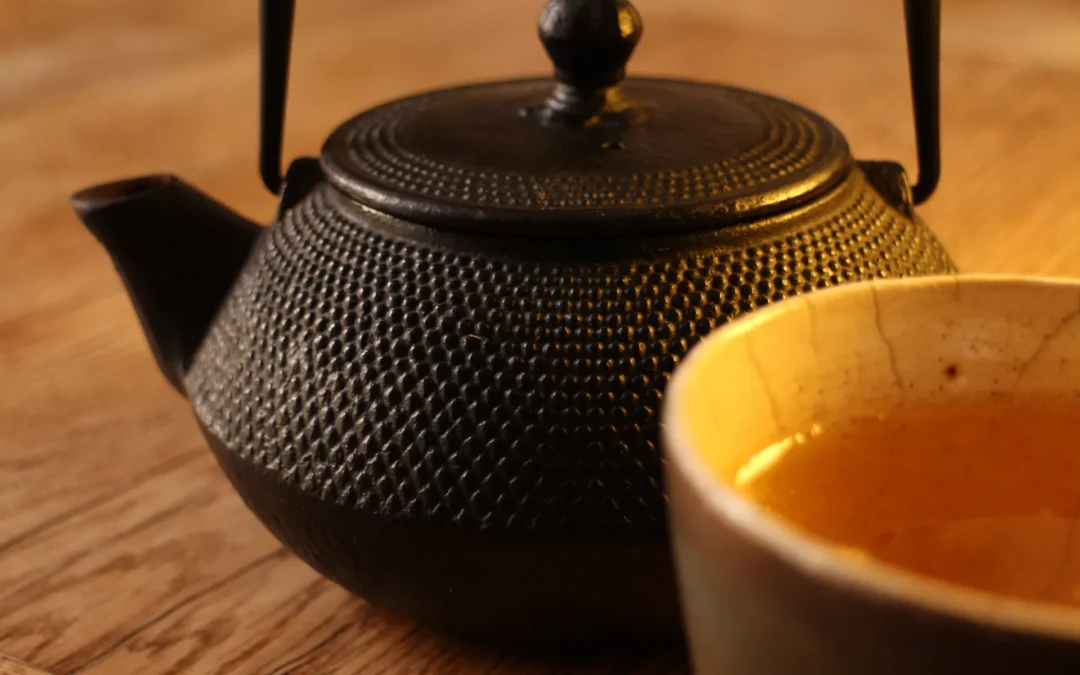Introduction
In our fast-paced modern world, the importance of establishing a routine often gets overlooked. However, Ayurveda, the ancient Indian system of medicine, emphasizes the significance of daily routines—known as Dinacharya—for maintaining health and well-being. Rooted in the understanding of natural rhythms and the body’s innate needs, Dinacharya provides a structured approach to living that harmonizes the mind, body, and spirit.
What is Dinacharya?
Dinacharya translates to “daily routine” in Sanskrit. It is a comprehensive framework that encourages individuals to align their daily activities with natural cycles and personal doshic needs (Vata, Pitta, and Kapha). By following a consistent routine, you can promote balance, enhance vitality, and prevent disease.
The Importance of Dinacharya
- Balance: Establishing a daily routine helps create stability and predictability, allowing your body to function optimally.
- Connection to Nature: Dinacharya encourages awareness of the cycles of nature, helping individuals sync their activities with the rhythms of the day and seasons.
- Prevention: Regular routines can prevent imbalances and health issues by promoting a balanced lifestyle.
- Mental Clarity: A structured day reduces decision fatigue, allowing for greater mental focus and clarity.
- Self-Care: Dinacharya emphasizes the importance of self-care practices, nurturing your physical and mental well-being.
Components of Dinacharya
Here’s a breakdown of key practices within Dinacharya, organized by time of day:
Morning Routine
- Wake Up Early: Ideally, wake up before sunrise (around 5-6 AM). The early morning is considered a peaceful time that supports clarity and mindfulness.
- Hydration: Begin your day by drinking a glass of warm water or lemon water to flush out toxins and hydrate the body.
- Tongue Scraping: Use a tongue scraper to remove bacteria and toxins that accumulate overnight. This practice also stimulates the digestive system.
- Oil Pulling: Swish a tablespoon of sesame or coconut oil in your mouth for 10-15 minutes. This ancient practice helps detoxify the mouth and promote oral health.
- Self-Massage (Abhyanga): Apply warm oil to your body in a gentle massage. This promotes circulation, nourishes the skin, and calms the mind.
- Yoga and Meditation: Engage in a morning yoga practice followed by meditation. This helps set a positive tone for the day, enhances flexibility, and promotes mental clarity.
- Healthy Breakfast: Opt for a nourishing breakfast that aligns with your dosha, such as warm oatmeal for Vata, fruit smoothies for Pitta, or hearty grains for Kapha.
Midday Routine
- Balanced Lunch: Have your main meal around noon when the digestive fire (Agni) is strongest. Focus on a balanced plate that includes grains, proteins, and vegetables.
- Gentle Movement: Take short breaks to stretch or walk. This helps digestion and keeps energy levels up.
- Mindfulness Break: Incorporate a few minutes of mindfulness or deep breathing to refocus your mind and reduce stress.
Evening Routine
- Light Dinner: Aim to have dinner by 7 PM, keeping it light and easy to digest. Focus on seasonal vegetables and warm soups.
- Wind Down: Dedicate time for relaxation. Engage in calming activities such as reading, journaling, or gentle yoga.
- Herbal Tea: Sip on calming herbal teas (like chamomile or ginger) to aid digestion and promote restful sleep.
- Digital Detox: Reduce screen time at least an hour before bed. This helps your mind unwind and prepares you for sleep.
- Bedtime Ritual: Establish a bedtime routine that includes reflection or gratitude practices, helping you to process the day.
Night Routine
- Sleep Early: Aim to go to bed by 10 PM to ensure adequate rest and rejuvenation. Quality sleep is crucial for physical and mental health.
Customizing Dinacharya to Your Dosha
While the above routines serve as a general guide, it’s important to customize your Dinacharya based on your dosha:
- Vata: Incorporate grounding practices like warm oils, nourishing foods, and calming activities. Stick to a consistent routine to reduce anxiety.
- Pitta: Focus on cooling practices, such as cooling foods, gentle yoga, and meditation. Avoid overheating by limiting spicy foods and intense activities.
- Kapha: Incorporate stimulating practices, such as invigorating exercises and lighter meals. Emphasize movement to counteract lethargy.
Conclusion
Adopting a daily routine based on the principles of Dinacharya can profoundly impact your overall well-being. By aligning your activities with the natural rhythms of your body and the environment, you can cultivate balance, health, and vitality. Start small by incorporating a few of these practices into your day, and gradually build a routine that resonates with you. Embrace the power of Dinacharya, and watch as your health and well-being flourish.





0 Comments